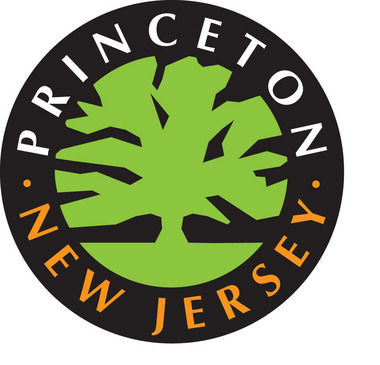By Philip Sean Curran, Staff Writer
Princeton Police will not be given authority to go onto private property to arrest underage drinkers, a scenario that would have had wide implications for Princeton University and the student eating clubs on Prospect Avenue.
A task force that considered prohibiting underage drinking on private property did not reach agreement on recommending that the Princeton Council adopt such a measure, Council President and task force member Lance Liverman said Thursday. Hundreds of towns in New Jersey have such measures on the books, including most of Mercer County.
State lawmakers in 2000 granted towns the power to prohibit underage drinking on private property but crafted exceptions when drinking is connected to a religious ritual or if a parent or guardian is around and gives permission.
Many towns have adopted such a measure. In January 2013, Princeton municipal officials announced they were considering following suit.
Police would have needed a trigger for them to go to a residence in the first place, such as a large gathering or lots of noise, Mr. Liverman said. The issue had been looked at in the past in both the former township and borough, but the idea met resistance due to civil liberties concerns.
Among other community stakeholders, the task force had representation from the police, the municipal health department and the university, including student leaders from the eating clubs.
One concern, task force members said this week, was a possible “chilling effect” any such measure would have on making people reluctant to call for help in emergencies out of fear of getting in trouble for underage drinking.
Mr. Liverman said this week that there was “no consensus” to move forward with an ordinance. Instead, he and others felt the town and the university had enough measures in place to educate youth and students about the dangers of alcohol, including work by local substance abuse program Corner House.
Mr. Liverman said any such ordinance would have applied townwide, including campus dorms and the clubs. As part of its work, the group looked at ordinances in other towns.
“We were concerned about the potential chilling effect for individuals calling for help and we were looking closely at the good Samaritan clause,” said university director of community and regional affairs Kristin S. Appelget, a participant in the group.
As for the university, the number of students who need medical attention each year for over-consumption of alcohol was not immediately available. Mr. Liverman, who was privy to that information, said the number fluctuates depending on the activity going on at the school, such as a sporting event.
“Any number more than one is high to me,” said Mr. Liverman in referring to the number of student cases.
The student eating clubs have been and continue to be the scene of college partying, although Gary DeBlasio, the municipal director of health, youth and community services, said Wednesday that over the years, they have taken steps to make for a safer environment. Those include bartender and first aid training, hiring bouncers and checking ID’s.
The town dismissed the notion that it is simply trying to manage underage drinking rather than fighting it aggressively.
“We are not soft on underage drinking,” Mr. Liverman said. “Let’s not kid ourselves. It takes more than one ordinance to combat underage drinking.”
He said the police conduct sting operations by sending people under 21 into liquor stores to see if alcohol is sold to them. But he rejected the idea of having police patrol Prospect Avenue, saying the resources could be better directed elsewhere.
“It wouldn’t be a priority place to put police,” he said.
Police Chief Nicholas K. Sutter, also a member of the task force, could not be reached for comment Wednesday.
In a February 2013 editorial, the Princeton University student newspaper weighed in against the idea, although “recognizing” that underage drinking took place at the eating clubs.
The Daily Princetonian cited a series of “considerations” that make the clubs on Prospect Avenue — a place that students colloquially refer to as “the Street”— “a relatively safe forum for underage consumption.”
“Firstly, only beer, rather than hard alcohol, is served on the Street. The lower alcohol content of beer serves to protect students from some of the dangers of over-consumption,” the editorial read in part.
“Although the board recognizes that a lot of unsafe drinking occurs in dorm rooms before students congregate at the Street, we believe that students would further increase their consumption of hard alcohol if their socializing were confined to dorm rooms,” the editorial continued.
“Secondly, Public Safety officers have a presence on the Street on most nights. Their presence, while certainly not a panacea, further makes the Street a relatively safe forum for alcohol consumption because they work to ensure that students who are dangerously intoxicated are taken to the appropriate medical authorities.”

